10 Video Games With Insanely Complicated Stories | Game Rant

As narrative-driven games have grown in popularity, so too has the depth of their storytelling. The narratives of many modern titles are now woven together using so many different story threads that it can sometimes be difficult to keep track of them all. While this can lead to some fantastic tales, there's a very fine line between complex and confusing.
Over the years, many games have fallen on the wrong side of this line. Some have strayed so far from it that their stories require more time to fully unpack and understand than their games take to complete. These games may be enjoyable, but they often leave players scratching their heads long after the credits have rolled.
10 Final Fantasy XIII
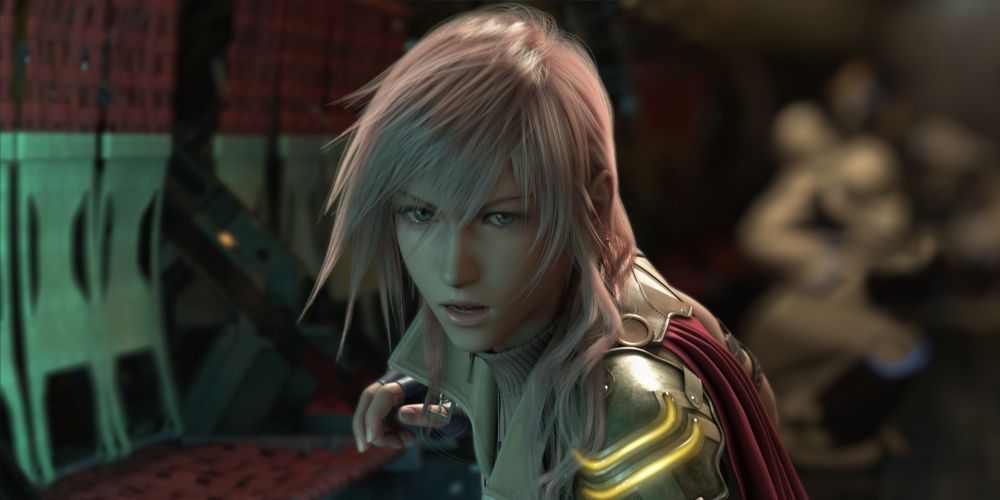
While on the surface Final Fantasy XIII's story is a simple one in which a group of people set out to save the world from an ancient conspiracy, there are so many random turns that it can be very easy to get lost. This is perhaps a little ironic given that many people dubbed the game a corridor simulator due to its linear gameplay.
Where things really start to fall apart is towards the end of the game. Intricate details of the plot are buried beneath mountains of useless dialogue, meaning that they can be very easily missed. This is compounded by the fact that the game's story, world, and characters aren't particularly compelling, meaning that many players won't have the motivation required to endure the mental workout needed to piece everything together.
9 Dragon Age: Inquisition
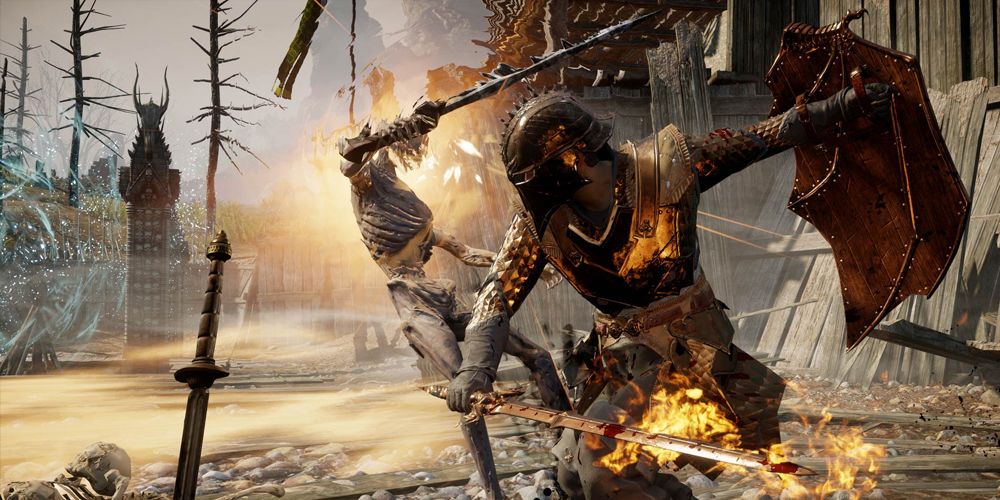
The main plot of Dragon Age: Inquisition is pretty straightforward. It's the threads that connect the main story beats together though that can sometimes get a little messy. This isn't at all helped by the game's side quests either. Rather than providing any real narrative substance, they distract massively from the game's overall story.
Thankfully, the game's characters and core gameplay are strong enough that most players will be able to power through. While not everything is explained as concisely as some players would perhaps prefer, the game's ending ties most of the major story threads together. It's not the most coherent of endings, but it is definitely a satisfying one.
8 Destiny
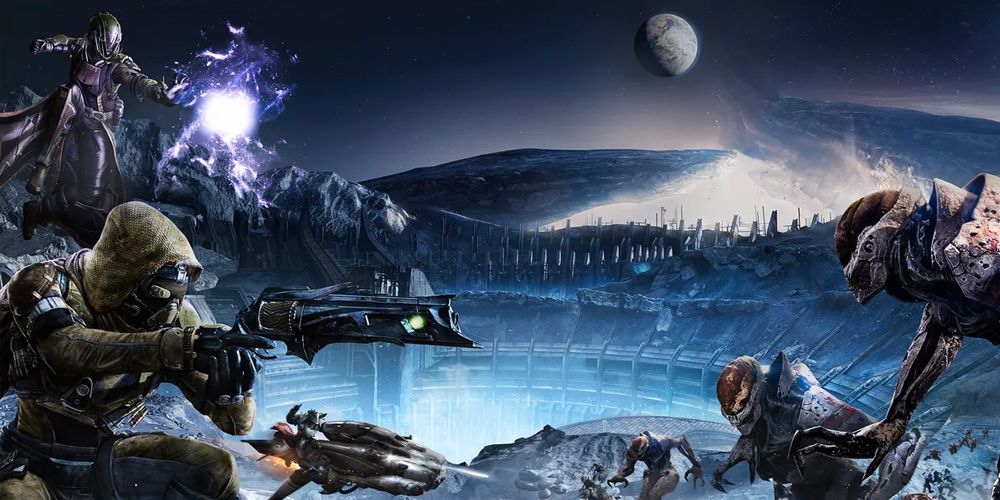
When it comes to first-person shooters, it often seems as though the story has been tacked on as an afterthought. That's not the case with Destiny, though; the game features an incredibly deep and interesting story. Unfortunately, it's not always the easiest story to follow due to how disjointed it can sometimes feel.
What's more, the regular expansions to the game have a habit of dumping huge amounts of lore into players' laps, leaving them to sort through and figure out where all of the events drop in. In many ways, it's a much better problem to have than a game with a bad story or one that settles for the bare minimum. All the same though, its complexity can be a little frustrating at times.
7 NieR Automata

Nier Automata is a wonderful game with a fantastic, albeit confusing story. What makes the narrative so tricky to piece together are the game's numerous endings and routes. Each one uncovers important plot points, meaning that, to fully comprehend the story, multiple playthroughs would be required.
It's not the longest RPG in the world, but those with a huge backlog of games to play may find the idea of completing the game multiple times problematic. That said, if ever there was a game that deserved to be played through multiple times, it's this one. At the very least, everybody should play it through to the end a minimum of one time.
6 Legacy Of Kain: Soul Reaver
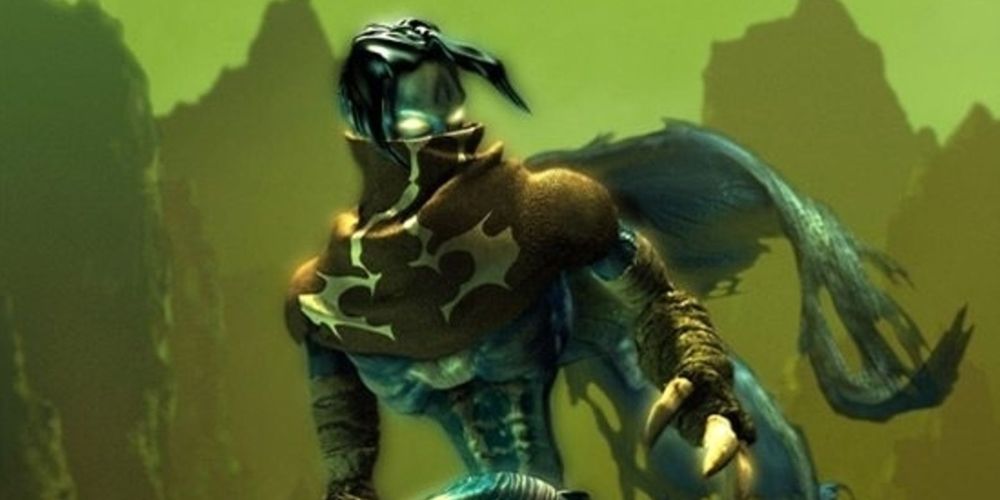
On the surface, the narrative found in Legacy of Kain: Soul Reaver might not seem too complex. After all, how much depth can a story about a vampire that can shift between multiple planes of existence and harvest peoples' souls with a magic sword really have? Oh. Right.
Just to add to the confusion, there are multiple timelines in play throughout the game, not to mention a potential bootstrap paradox thrown in there, as well. There's a lot to keep track of while playing, but the gameplay provides an enjoyable experience regardless of whether or not the player succeeds in doing so.
5 Alan Wake
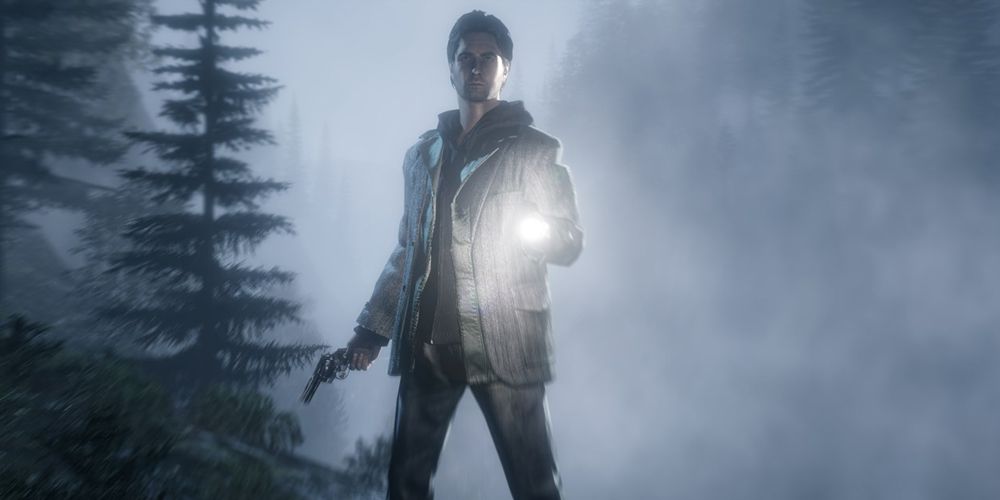
Although Alan Wake begins with a quote from Steven King, its story plays out more like a Dean Koontz novel than anything else. Unfortunately, it doesn't stick the landing quite as well. The problem isn't with the story that the game provides, but more the things that it chooses to leave out. In short, far too much of the game's ending is left to the interpretation of the player.
This kind of thing can work well in small doses, but, when so much is left to the player, it can come across as lazy more than inspired. The lack of a definitive answer to the "why, what, and how" is confusing because those questions are more or less ignored. Sure, players will try to fill in the blanks themselves, but, without ever knowing whether or not these answers are right deprives them of a satisfying conclusion and a true understanding of what exactly transpired.
4 Killer7
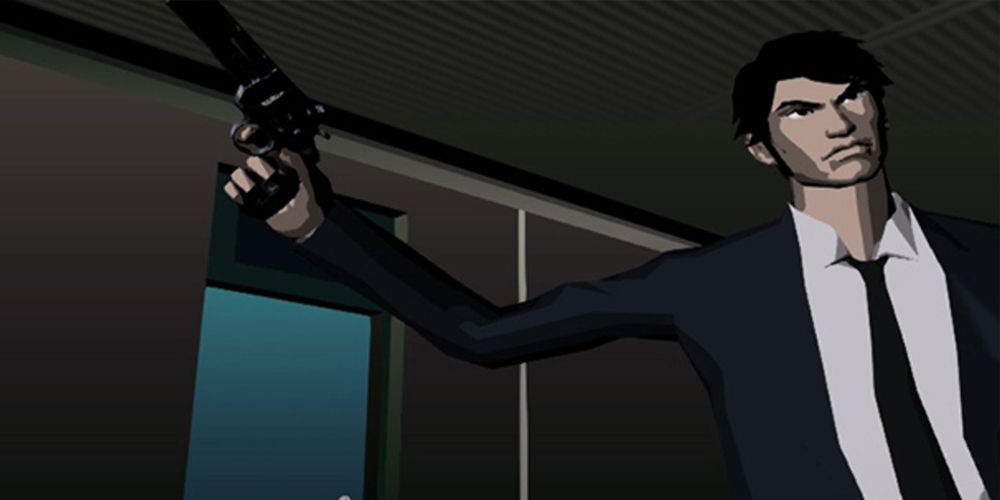
The main protagonist of Killer7 is able to physically transform into seven distinct people, each with a different race. Also, they're ghosts—or absorbed spirits, to be more precise. It's an interesting concept, but one with the potential to be incredibly confusing. As it happens, though, keeping track of all of Harman's personae is actually fairly straightforward. Sadly, the same can't always be said for the game's plot.
Set in a world in which war has been eradicated, the player carries out political assassinations on behalf of the US government. This eventually leads to increasing tensions between the US and Japan and one of the countries being wiped off the map. Many of the events that lead to this are a little hard to follow as are the origins of some of the game's characters.
3 Drakengard 3

Anybody wishing to fully understand the story of Drakengard 3 is going to have to do some serious supplementary reading. It's always nice when a team goes above and beyond when creating a game's lore, but it could perhaps be argued that Access Games went a little overboard here. Combine this with the game's branching timelines, and things can at times be a little overwhelming.
The fact that players are made to wait more than 30 hours to learn Zero's true motivation for wanting her sisters dead is emblematic of the problems with this style of storytelling. So much of the game is spent completing actions without the player knowing exactly why, and the lack of answers can be as frustrating as it is confusing. Most of these answers come eventually, but, for many, they arrive far too late.
2 Xenosaga
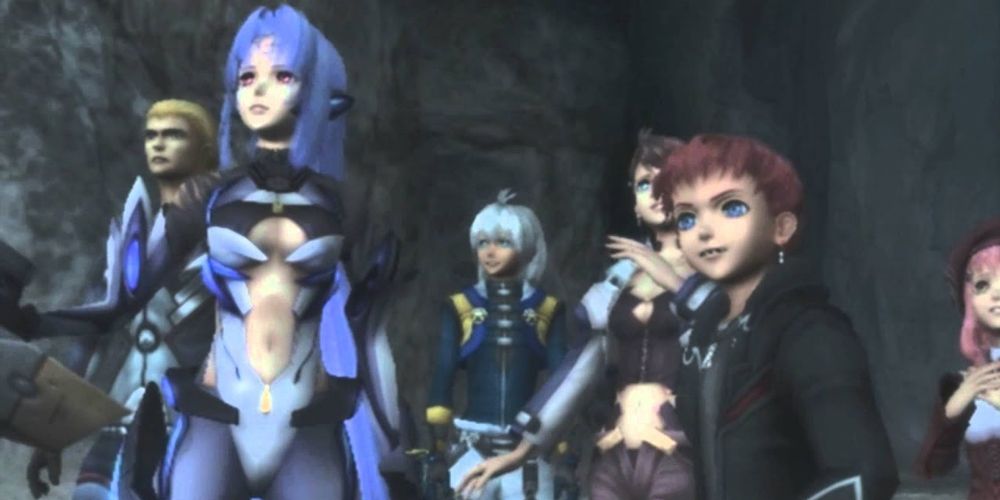
The problem with Xenosaga is that there is so much going on that it can be nearly impossible to keep track of it all. The player is regularly being thrown through time, and, as a result, they have to constantly be thinking about when and where events fit into the larger story. To Monolith Soft's credit, though, they did a fantastic job of slowly introducing new characters so as not to overwhelm players completely.
At times it can feel like trying to complete a 10,000 piece jigsaw puzzle while riding a mechanical bull. Ultimately, though, although the constant twists and turns taken by Xenosaga's story can be pretty disorientating at times, they still provide players with one hell of a ride. It's really is an epic story once it's all been pieced together.
1 Chrono Cross

There's far too much going on in Chrono Cross to cover all of the main story beats here, and that's perhaps one of the game's biggest issues. The game just keeps throwing new plotlines and backstory at the player, and it gets to the point where it becomes incredibly difficult to assimilate everything that's happening. Many players will likely have given up even trying by the time they reach the Dead Sea section of the game.
Stories involving time travel needn't be inherently confusing, but, when combined with the huge cast of characters and the addition of interdimensional travel, it's very easy to lose track of what's going on. This isn't helped by the game's poor storytelling, which leaves a lot of holes for the player to fill in by themselves. It's not a bad game, nor is it a bad story—it's just very very confusing.

Post a Comment